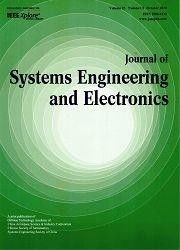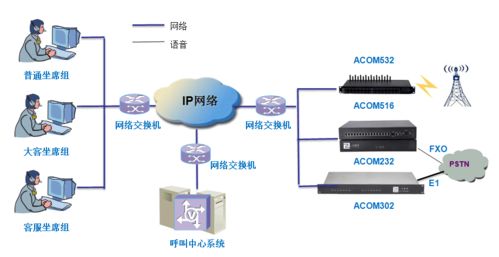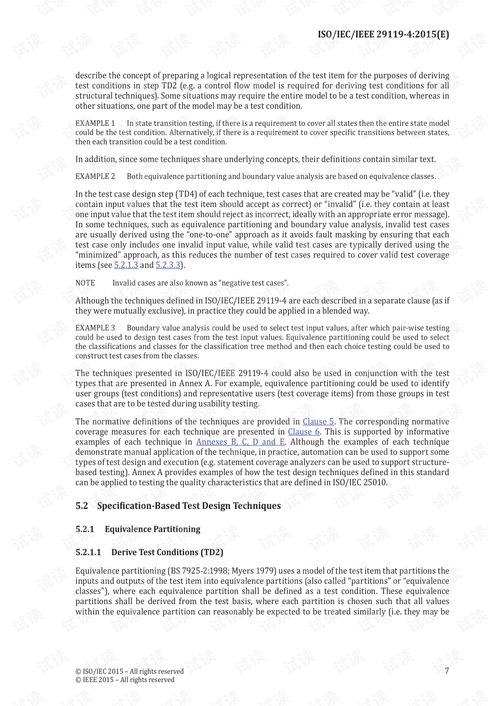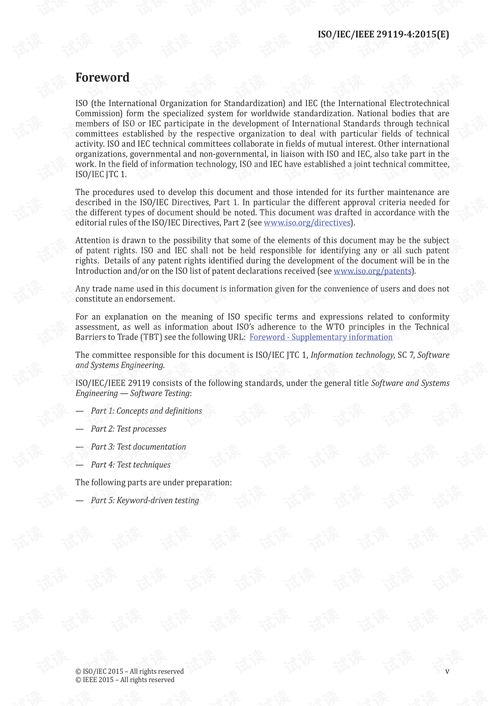
系统工程与电子技术英文版 sci,Introduction
时间:2024-10-04 来源:网络 人气:
Introduction

The rapid advancement of technology has led to the integration of various disciplines, with System Engineering and Electronic Technology being at the forefront of this convergence. This article aims to explore the synergies between these two fields, highlighting the latest research and development in the System Engineering and Electronic Technology (SET) domain. By examining the current trends and future prospects, this paper seeks to provide insights into the evolving landscape of SET and its impact on various industries.
Background and Significance

System Engineering is a multidisciplinary field that focuses on the design, implementation, and management of complex systems. Electronic Technology, on the other hand, deals with the application of electronic devices and systems to solve practical problems. The intersection of these two fields has led to the emergence of SET, which has become increasingly significant in today's technology-driven world. SET plays a crucial role in various sectors, including aerospace, defense, telecommunications, and healthcare, among others.
Current Trends in SET

The following are some of the current trends in System Engineering and Electronic Technology:
1. Internet of Things (IoT)
The IoT has revolutionized the way we interact with technology. SET has played a pivotal role in the development of IoT devices, which are becoming more sophisticated and interconnected. This has led to advancements in smart homes, smart cities, and industrial automation.
2. Artificial Intelligence and Machine Learning
The integration of AI and machine learning with SET has opened up new possibilities in various applications. For instance, AI-driven systems can optimize the performance of electronic devices, improve energy efficiency, and enhance decision-making processes in complex systems.
3. Quantum Computing
Quantum computing is a rapidly evolving field that has the potential to revolutionize SET. By leveraging the principles of quantum mechanics, quantum computers can solve complex problems at unprecedented speeds, leading to advancements in cryptography, optimization, and simulation.
4. 5G and Beyond
The rollout of 5G networks has significantly impacted SET, enabling faster data transfer rates, lower latency, and greater network capacity. This has paved the way for new applications, such as autonomous vehicles, smart grids, and advanced telemedicine services.
Future Prospects

The future of SET looks promising, with several emerging trends that are poised to shape the landscape of technology:
1. Edge Computing
Edge computing involves processing data closer to the source, reducing latency and bandwidth requirements. This approach is expected to become increasingly important in SET, as it allows for real-time analysis and decision-making in complex systems.
2. Cybersecurity
With the increasing number of connected devices and systems, cybersecurity has become a critical concern. SET will continue to play a vital role in developing advanced security solutions to protect against cyber threats.
3. Space Technology
The exploration of space has opened up new frontiers for SET. As humanity ventures further into space, SET will be essential in developing advanced communication systems, navigation technologies, and life support systems for long-duration missions.
4. Sustainable Development
SET will also contribute to sustainable development by enabling the development of energy-efficient technologies, smart grids, and renewable energy solutions.
Conclusion

System Engineering and Electronic Technology have become indispensable in today's technology-driven world. The continuous evolution of SET has led to groundbreaking advancements in various industries, and the future prospects are even more promising. By embracing emerging trends and addressing the challenges ahead, SET will continue to shape the future of technology and drive innovation across the globe.
Tags

SystemEngineering ElectronicTechnology SET IoT ArtificialIntelligence QuantumComputing 5G EdgeComputing Cybersecurity SpaceTechnology SustainableDevelopment

相关推荐
教程资讯
教程资讯排行
- 1 安卓系统车机密码是多少,7890、123456等密码详解
- 2 vivo安卓系统更换鸿蒙系统,兼容性挑战与注意事项
- 3 希沃白板安卓系统打不开,希沃白板安卓系统无法打开问题解析
- 4 oppo刷原生安卓系统,解锁、备份与操作步骤详解
- 5 Suica安卓系统,便捷交通支付新体验
- 6 dell进不了bios系统,Dell电脑无法进入BIOS系统的常见原因及解决方法
- 7 能够结交日本人的软件,盘点热门软件助你跨越国界交流
- 8 国外收音机软件 app,国外收音机软件APP推荐
- 9 psp系统升级620,PSP系统升级至6.20官方系统的详细教程
- 10 电视安卓系统更换账号,小米电视安卓系统更换账号教程解析











